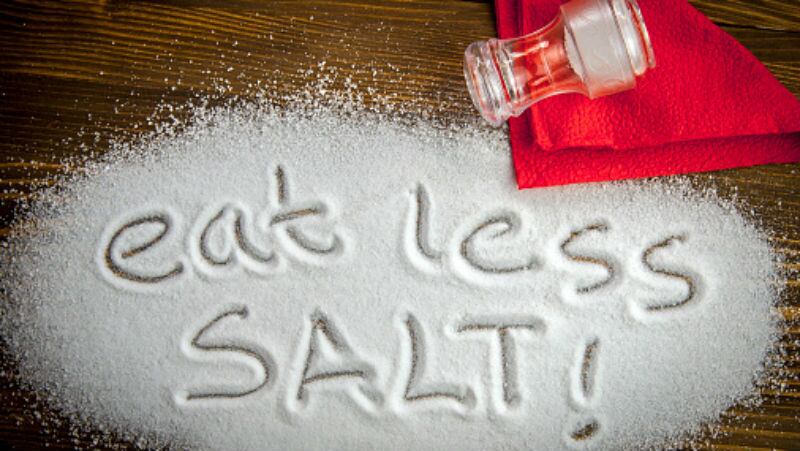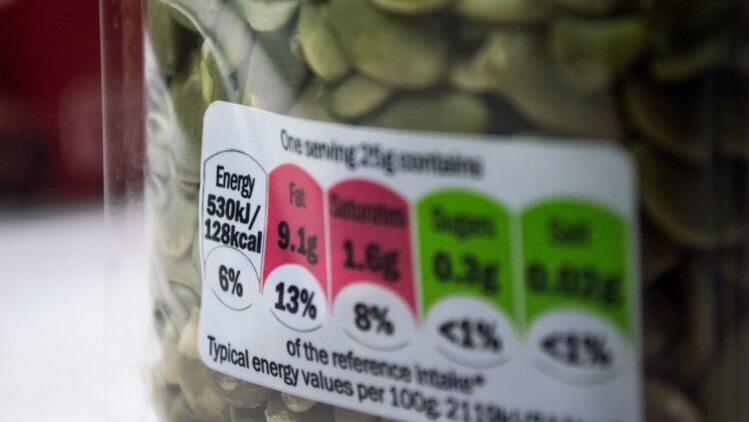Ajinomoto’s Sodium Alternatives and Long-Term Solutions (SALTS) study revealed that consumers may understand that sodium overconsumption will result in health issues, but that they also believe the onus is on food firms to come up with the solutions to solve the overconsumption issue, and are unwilling or unable to do this independently.
“People know that too much sodium is bad for one’s health at any age, but they do not see this as a concern that impacts them personally, [and] the numbers show this,” said the study researchers.
“64% of respondents said that overconsuming sodium is bad for health, and 63% said it is important to monitor intake but just 37% said they would control their own sodium intake and 34% said they would proactively look for low-sodium foods on shelves.
“In addition, the top three motivators for consumers to reduce sodium intake [are all external factors], which are a call for high sodium products to be removed from grocery shelves, for the governments to lower recommended sodium intake in national guidelines, and for more factual media about sodium and health to be made available.
“These top three motivators are conceptual at best [showing that] consumers want everyone else to solve the problem of sodium intake, rather than making personal changes.”
Ajinomoto believes that food firms will need to take back control of the situation by reducing sodium input into product formulations, given that consumers expect high sodium products to be made scarcer in-store such that they won’t be exposed to these so frequently.
“We know salt intake is high in Asia. There’s been a general trend of decreased intake over the past 30 years, but intake is still well over recommendations,” Ajinomoto Global Communications Manager Manasi Deodhar told FoodNavigator-Asia.
“[In addition to this study], a recent consumer survey from our Smart Salt programme in Japan also showed that 73% of consumers want to change their salt consumption habits but 28% say they aren’t taking any action to do so [and] the same goes for other regions around the worl, as on average, salt intake in many developing countries is more than twice the World Health Organization (WHO) recommended standard of 5g per day.
“Globally, COVID-19 has shed light on the impact of nutrition on overall health, and this increased attention on health and in particular salt reduction is leading to increased demand for food manufacturers to find solutions that reduce salt and maintain taste, so as to help people act on their salt consumption habits.”
Notably, taste was highlighted as the biggest issue faced by low-sodium foods, with over half (55%) of all consumers surveyed turning away from these products because they felt these were tasteless.
“Glutamates impart an umami taste and is a promising solution for sodium reduction - Umami is a foundational element in Asian cuisine, and Ajinomoto is leveraging a variety of umami-enhancing solutions such as monosodium glutamate (MSG), monopotassium glutamate (MPG), and yeast extracts to lower sodium in our products while also maintaining great taste,” said Deodhar.
“These ingredients are also offered to other food manufacturer partners to lower sodium in their products.”
Ajinomoto has a wide range of over 22 reduced-salt products in its portfolio, spread across eight brands. These include salt alternative Yasashio in Japan which is a blend of salt and potassium chloride, its Ros Dee seasoning and Yum Yum Sood Ded instant noodles in Thailand, its Masako seasoning in Indonesia, and its Bizim Mutfak chicken bouillon and ezogelin soup in Turkey.
Overcoming MSG adversities
Despite its enormous potential for salt reduction and replacement, glutamates and MSG in particular have long had a bad reputation due to criticisms of it being associated with obesity, neurotoxicity, metabolic syndrome and other health issues including headaches and asthma.
Ajinomoto maintains that these claims have never been scientifically proven, and that the position of various food authorities around the world including the US Food and Drug Administration (FDA) shows that it is in fact safe for consumption.
“MSG is made up of sodium, which is found in salt and glutamate, and is actually the predominant amino acid found in nature and is synthesized by our bodies. It is also found naturally in everyday foods like mushrooms, corn, cured meats, egg yolks, and green tea,” said Deodhar.
“[We are confident] that these negative perceptions among consumers and health professionals are changing in various markets, such as the US where there has been is a lot of stigma about it – over 50% of registered dietitians now say they are likely to recommend MSG to their clients. Asia is one of the markets that has been using MSG for the longest time, over a century, so it is not new here.
“If consumers can get past the stigma around MSG and understand that it is perfectly safe, it can then be effectively utilised as an effective sodium reduction tool and flavour enhancer.”




